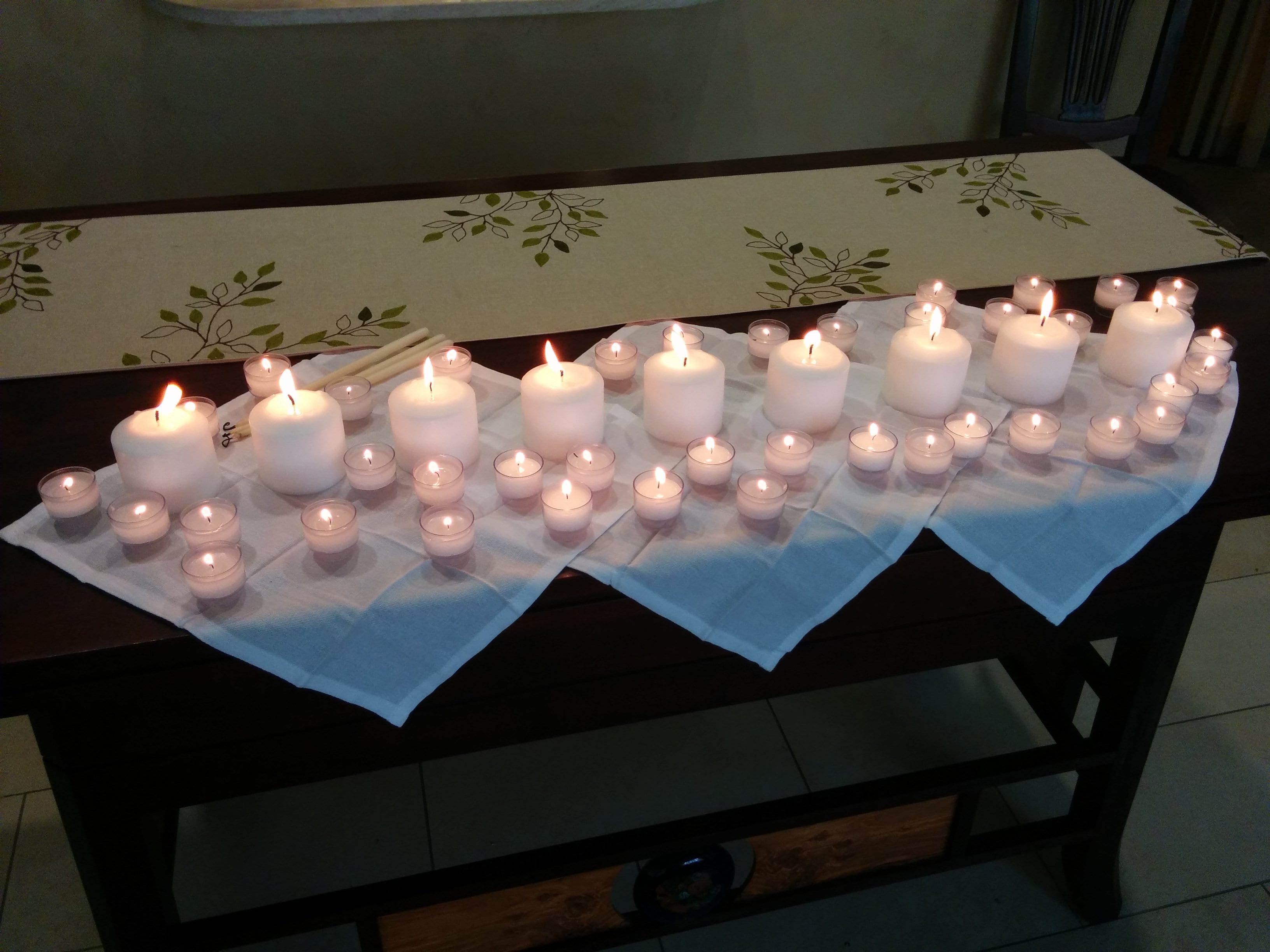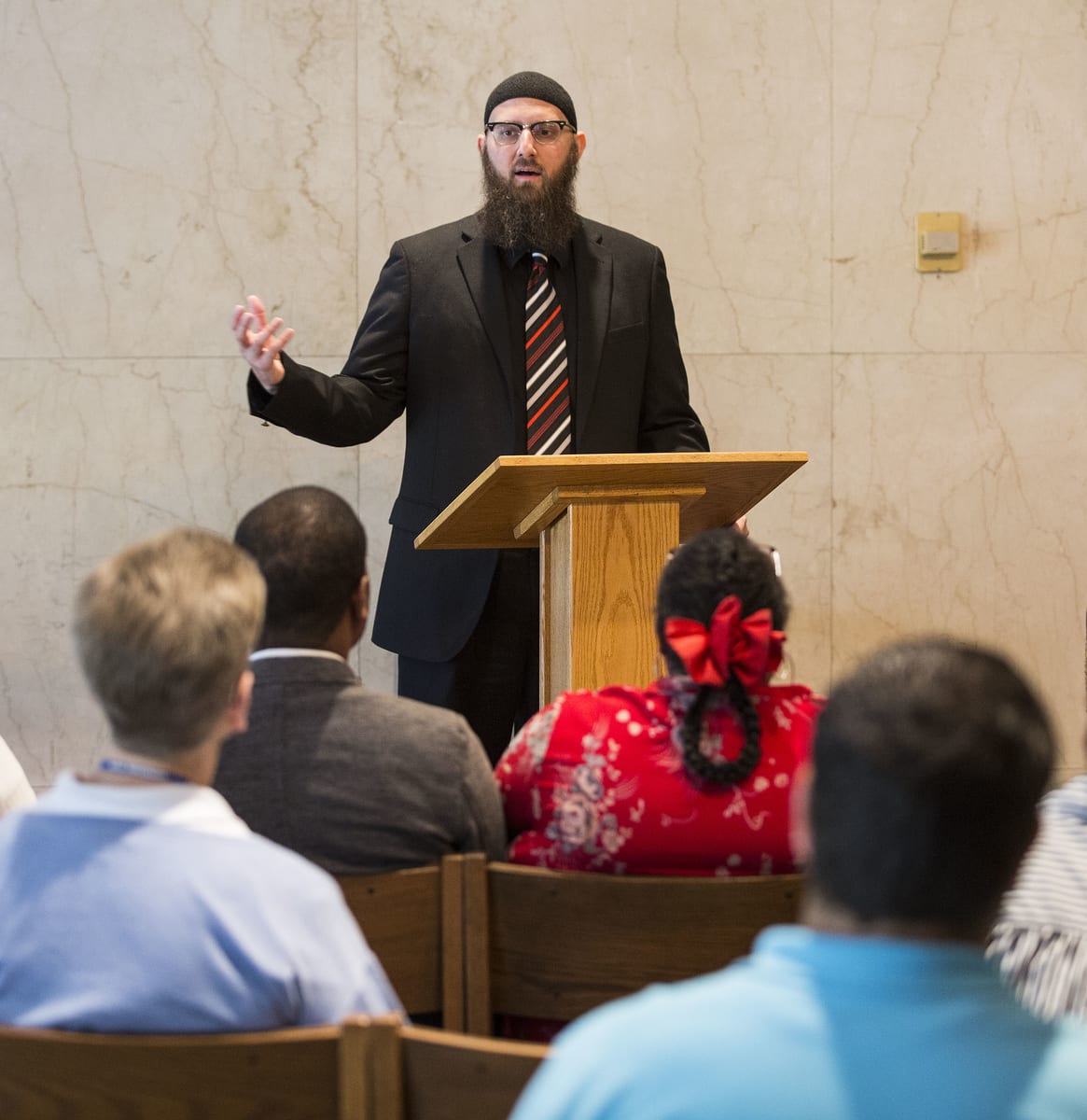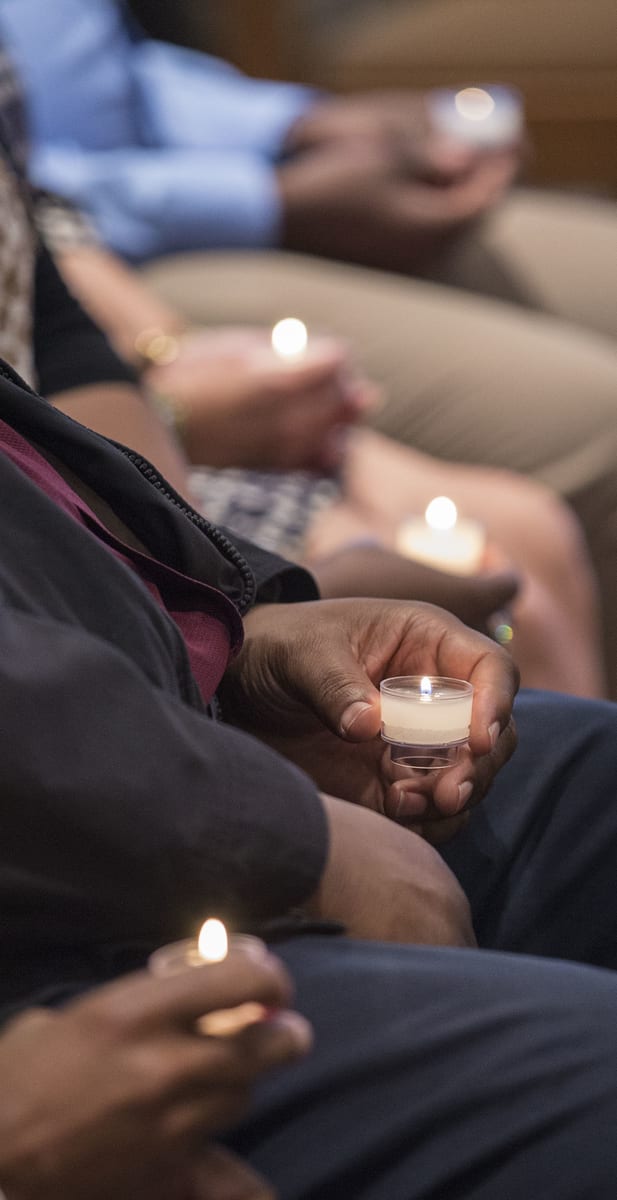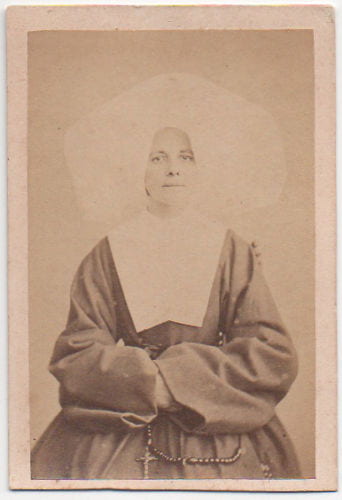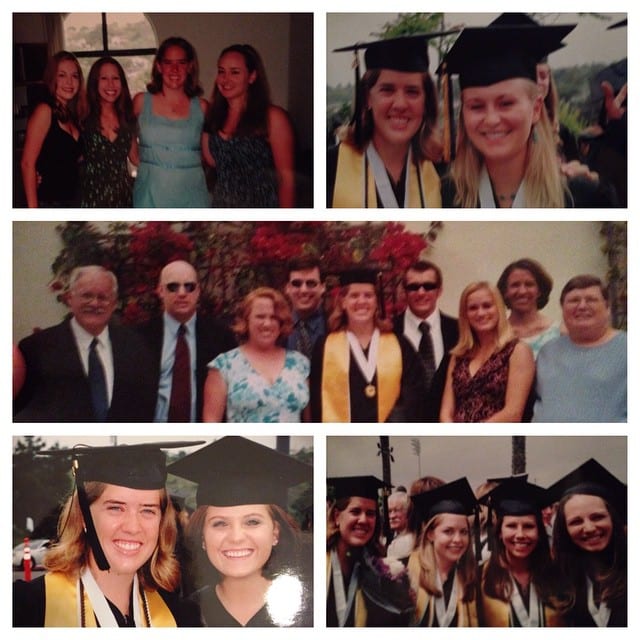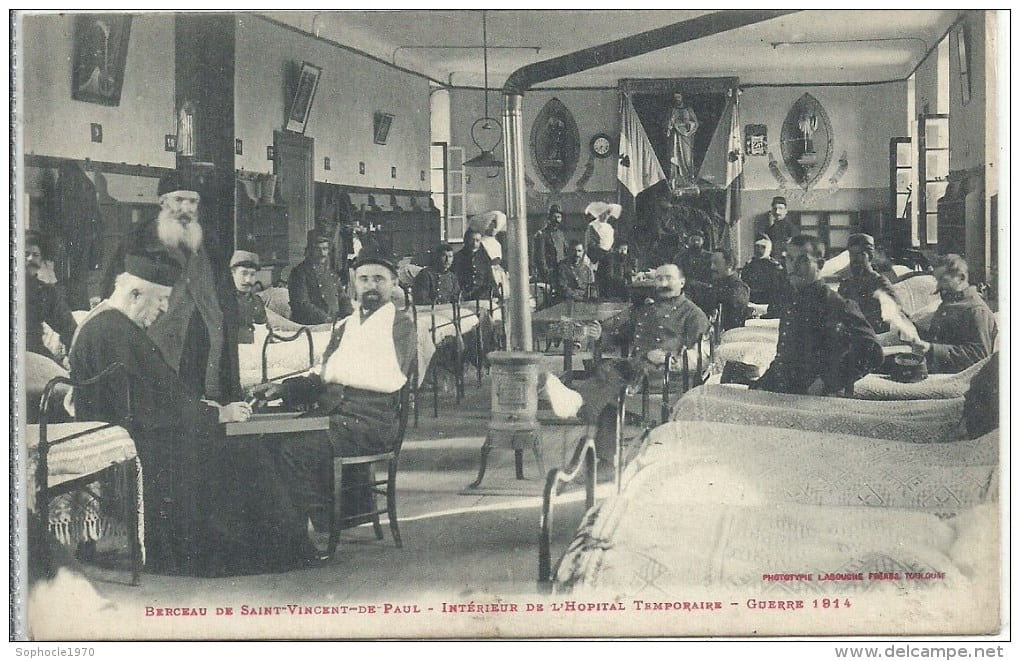Religion is no laughing matter. It’s too often true, particularly of late. So this feels a little frivolous, but I’ve been compiling a few religious jokes (related to me by people WITHIN that tradition, fyi) and am hoping for just a little universal healing through chuckles. Here goes.
BUDDHIST
Q. Why couldn’t the Buddhist vacuum behind his couch?
A. Because he had no attachments.
JEWISH
A Jewish mother is walking with her small son along the shore, enjoying the sounds and smells of the ocean. Suddenly, without warning, a huge wave comes in and washes the boy out to sea. The woman screams, but no one is nearby, and she can’t swim. She sees her son’s head bobbing up and down as he cries for help and moves farther and farther from shore.
Desperate, she sinks to her knees in the sand. Pleading with God for mercy, she swears she will devote herself to good causes and be faithful in attending synagogue if God will spare her only child.
Suddenly another huge wave crashes in, and deposits her son, wet but unhurt on the sand.
She lifts her face to the heavens, extends both arms and cries… “He had a HAT!!!!”
CHRISTIAN
Jesus is talking with his disciples before heading up a mountain to give a big talk to the multitudes who have gathered.
“So,” he says, because the disciples are looking a little distracted. “Listen up! This is a big afternoon for me and I want everyone to pay attention! I don’t want to end up with, like, four versions of this, OK?”
MUSLIM
And in honor of the holy month of Ramadan, which concludes this week, here is one from my Muslim brothers and sisters (followed by the explanation that I needed after hearing the joke).
Stan and Bob were two non-Muslim friends who got lost hiking out in the desert. After days walking without food and water, they noticed a Mosque on the horizon one morning. They felt uplifted at the sight and got a burst of energy.
“Thank God!” said Stan. “Look – I’ll walk in and say my name is Mohammad and say your name is Ahmed and this way they are sure to give us some food. Deal?”
Bob replied. “No. I’m sticking with my own name.”
They finally got to the Mosque and walked in. A sheikh saw them and said, “Welcome! May I ask your names?”
Stan said, “I am Mohammad” and Bob said, “Hi. My name is Bob.”
The sheikh called across the room and said, “Guys, bring some food and water for Bob immediately. And for you, Mohammad – Ramadan Kareem!”
(Ramadan Kareem is a greeting that is telling someone to have a blessed or generous Ramadan – so “Mohammad” is not going to get any food or water until sundown when Muslims break their fast).
Katie Brick is the Director of the Office of Religious Diversity at DePaul. She likes to laugh – so share your interfaith jokes on the thread below.




